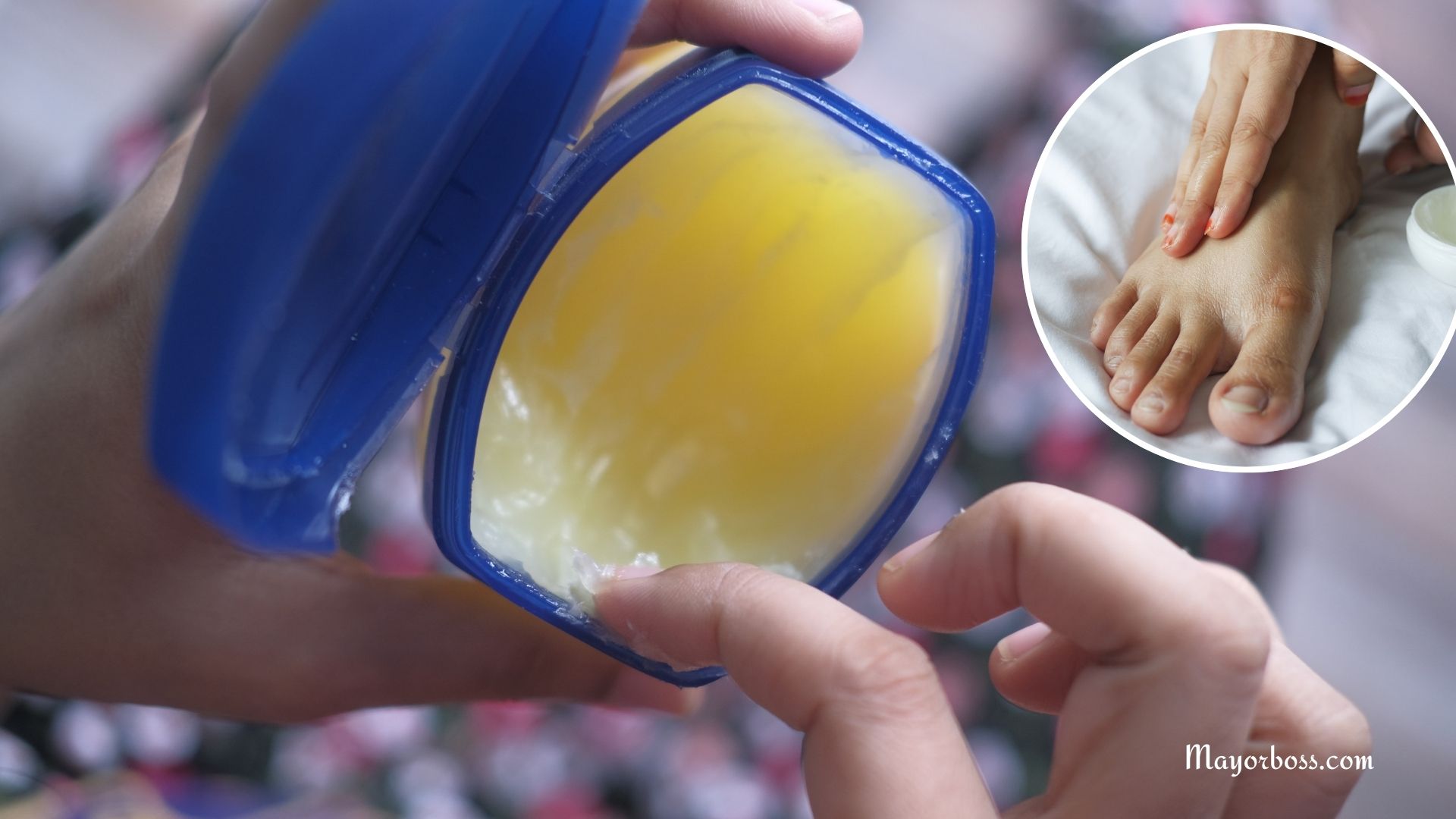Petroleum Jelly is a Simple Solution to Itchy, Dry Skin Problems
Dry, itchy skin is an annoying issue. It can happen for many reasons, including cold weather, harsh soaps, or medical conditions. Fortunately, petroleum jelly provides a simple, affordable solution that effectively moisturizes and relieves itchy skin.
Petroleum jelly, also called petrolatum, is a thick, clear, jelly-like substance. It’s made from mineral oils and waxes. Doctors have recommended petroleum jelly for decades because it’s safe and highly effective at locking moisture into your skin. In fact, the FDA approved it as a skin protectant and moisturizing agent. It creates a protective barrier that stops water loss and keeps irritants out.

How Petroleum Jelly Moisturizes
Your skin becomes dry and itchy because it loses moisture. Petroleum jelly works by sealing in water already present in your skin. It doesn’t add moisture itself but prevents water loss. This helps your skin repair its natural moisture barrier and heal faster. Regular use restores the softness and flexibility of your skin.
Why Petroleum Jelly is Effective for Itch Relief
Itchy skin often occurs when the skin is dry or irritated. Scratching makes it worse by damaging the skin further. Petroleum jelly calms itchiness by moisturizing the skin and preventing further irritation. Its protective layer also gives the skin time to heal and prevents itching caused by external factors like cold weather or allergens.
How to Use Petroleum Jelly Properly
Apply Right After Bathing
The best time to use petroleum jelly is right after a shower or bath. Gently pat your skin dry, leaving some moisture. Then, apply a thin layer of petroleum jelly to your skin. This traps moisture in and keeps your skin hydrated longer.
Don’t Overuse It
Petroleum jelly is very effective, so you don’t need a thick layer. A thin layer is enough. Using too much can feel greasy and uncomfortable. A small amount goes a long way.
Apply Regularly
For the best results, use petroleum jelly daily. If you have very dry or itchy skin, apply it two to three times a day. Regular application keeps your skin moisturized and itch-free.
Who Should Use Petroleum Jelly
Petroleum jelly is suitable for almost everyone, from babies to adults. It’s safe and gentle enough for sensitive skin. Dermatologists frequently recommend it for:
- Dry skin
- Eczema
- Chapped lips
- Minor cuts and scrapes
- Diaper rash
Who Should Avoid It
Petroleum jelly is usually safe, but some people should avoid it:
- Individuals allergic to petroleum products
- Those with acne-prone skin (it may clog pores and worsen acne)
Benefits of Petroleum Jelly Compared to Other Products
Many moisturizers are available, but petroleum jelly has unique benefits:
- Cost-effective: It’s inexpensive and widely available.
- Hypoallergenic: Experts say is less likely to cause allergic reactions compared to products with fragrances or preservatives.
- Long-lasting moisture: It remains on the skin longer, providing sustained moisture.
Common Misconceptions
Petroleum Jelly Causes Cancer – False
Some people mistakenly believe petroleum jelly causes cancer. The truth is petroleum jelly sold in pharmacies undergoes strict purification. It’s safe for daily use and recommended by dermatologists and doctors.
Petroleum Jelly Heals Burns Quickly – False
Petroleum jelly helps with minor cuts and scrapes by keeping the area moist. However, it should never be applied to fresh burns, especially serious ones. Always cool the burn with water first and see a doctor if needed.
When to See a Doctor
Petroleum jelly can relieve minor dryness and itchiness. However, see your dermatologists if you experience:
- Persistent itching or rash
- Skin problems that worsen or don’t improve after one week
- Signs of infection, such as swelling, redness, or pus
Final Thoughts
Petroleum jelly is a simple, reliable solution for dry and itchy skin. It’s affordable, safe, and effective for most people. Apply regularly, use correctly, and your skin will thank you. But remember, if you have serious or persistent skin issues, talk to a dermatologist.
